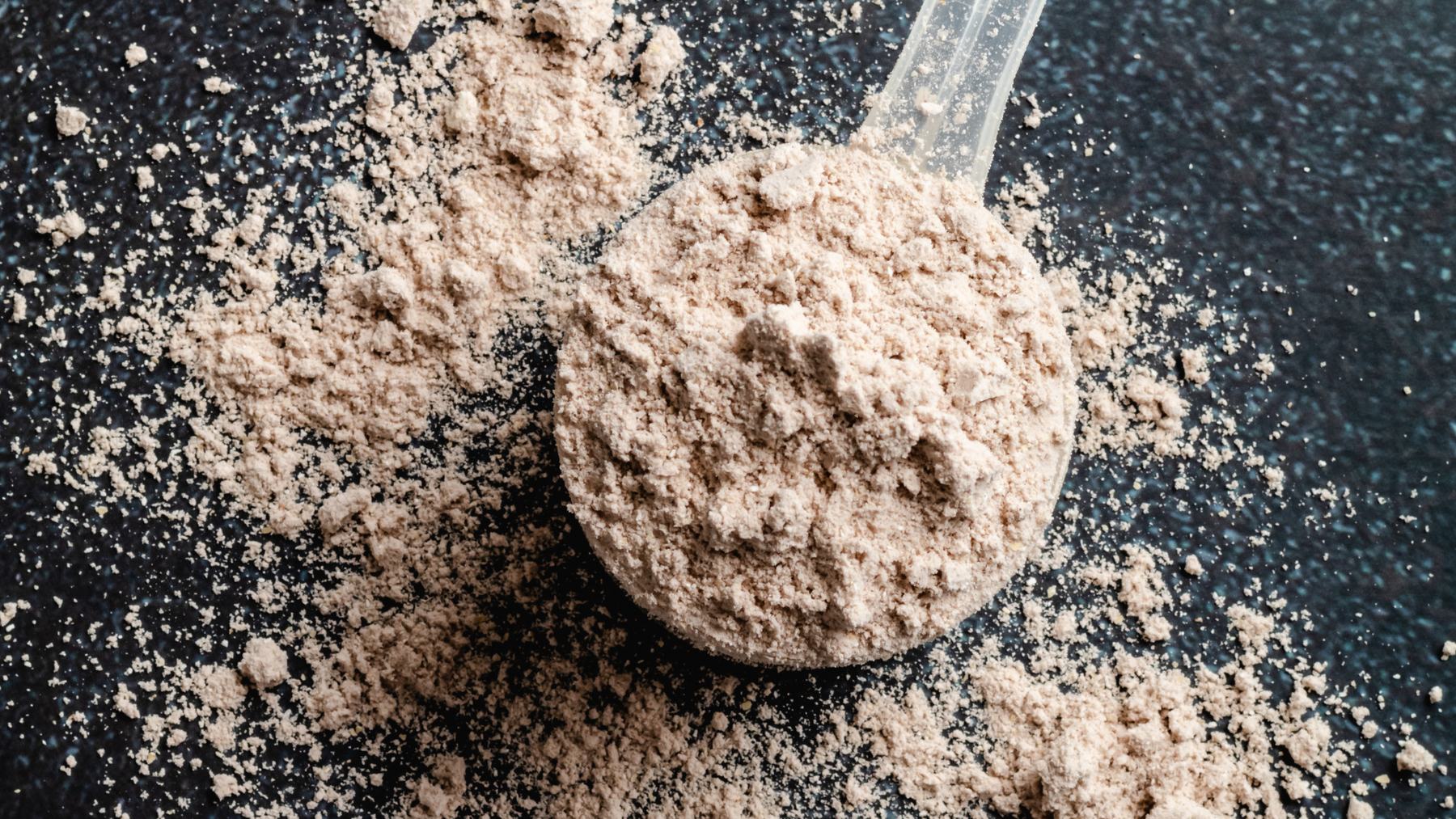
How Whey Protein Boosts Muscle Growth and Recovery
Introduction to Whey Protein
Whey protein has become a cornerstone for fitness enthusiasts, athletes, and anyone aiming to improve their physical health. As a complete protein source, it provides essential nutrients to repair muscles and support overall well-being.
What Is Whey Protein?
Whey protein is a by-product of the cheese-making process. Derived from milk, it’s a liquid that is rich in protein and other nutrients, which is then processed into powder form for consumption.
The Origins and Types of Whey Protein
Whey protein comes in three main forms:
- Concentrate: Contains moderate protein levels, some fat, and carbohydrates.
- Isolate: Almost pure protein, with minimal fat or carbs.
- Hydrolysate: Pre-digested for faster absorption, often less allergenic.
Each type offers unique benefits depending on fitness goals and dietary preferences.
Key Nutritional Components
Whey protein is packed with essential amino acids, including leucine, which plays a pivotal role in muscle synthesis. It’s also low in lactose, making it suitable for those with mild lactose intolerance.
The Science of Muscle Growth
How Muscles Repair and Grow
When you exercise, muscle fibres experience micro-tears. The body repairs these tears, creating stronger and larger muscles—a process heavily reliant on protein.
Role of Protein in Recovery
Protein provides the raw materials for muscle repair. Whey, with its rapid absorption rate, ensures muscles receive nutrients quickly after exercise.
Amino Acids: The Building Blocks of Muscles
Leucine, found abundantly in whey protein, directly activates muscle protein synthesis. Additionally, other amino acids like isoleucine and valine help maintain muscle mass.
How Whey Protein Supports Muscle Growth
Rapid Absorption and Digestion
Unlike some proteins, whey is absorbed quickly, making it ideal post-workout. This ensures a steady supply of amino acids when your body needs it most.
High Biological Value of Whey Protein
Whey has one of the highest biological values among protein sources, meaning it’s effectively utilised by the body.
Synergistic Role with Exercise
Combining whey protein with resistance training significantly enhances muscle growth and recovery. It also reduces exercise-induced muscle soreness.
Benefits Beyond Muscle Growth
Weight Management and Fat Loss
Whey protein promotes satiety, helping reduce calorie intake. Additionally, it supports the preservation of lean muscle mass during weight loss.
Immune System Support
Rich in immunoglobulins and lactoferrin, whey protein can bolster immune function, particularly in active individuals.
Antioxidant Properties of Whey
Whey increases levels of glutathione, a potent antioxidant that protects cells from damage.
How to Choose the Right Whey Protein
Identifying Quality Products
Look for products with minimal additives, clear labelling, and certifications for quality assurance.
Labels and Certifications
Certifications like NSF and Informed-Sport ensure the product is safe and free from banned substances.
Factors to Consider: Diet, Budget, and Goals
Choose a product that aligns with your dietary preferences, fitness goals, and budget without compromising on quality.
Proper Usage and Dosage Tips
Best Times to Consume Whey Protein
The optimal times include post-workout, between meals, or as part of breakfast.
Combining Whey with Other Foods
Pair whey protein with healthy fats or complex carbs for sustained energy and improved absorption.
Avoiding Common Mistakes
Overconsumption and neglecting whole food sources are common errors to avoid.
FAQs About Whey Protein
-
Is Whey Protein Safe for Everyone?
Generally, yes. However, individuals with allergies or kidney issues should consult a doctor. -
Can Vegetarians Use Whey Protein?
Absolutely! Whey is derived from milk, making it suitable for vegetarians. -
How Does Whey Compare to Other Protein Sources?
Whey is superior in absorption rate and amino acid profile. -
What Are the Potential Side Effects of Whey Protein?
Side effects are rare but may include bloating or digestive discomfort in sensitive individuals. -
Can Whey Protein Help with Weight Loss?
Yes, its satiating properties aid in calorie control. -
What Is the Ideal Whey Protein Dosage Per Day?
20-30 grams per serving, depending on activity level and dietary needs.
Conclusion
Whey protein is a powerful tool for enhancing muscle growth, recovery, and overall health. By choosing high-quality products and consuming them appropriately, you can unlock your full fitness potential.
The Best Whey Protein Products
Naughty Boy® Advanced Whey 2010g
Shop the full range of Whey Protein products here.



